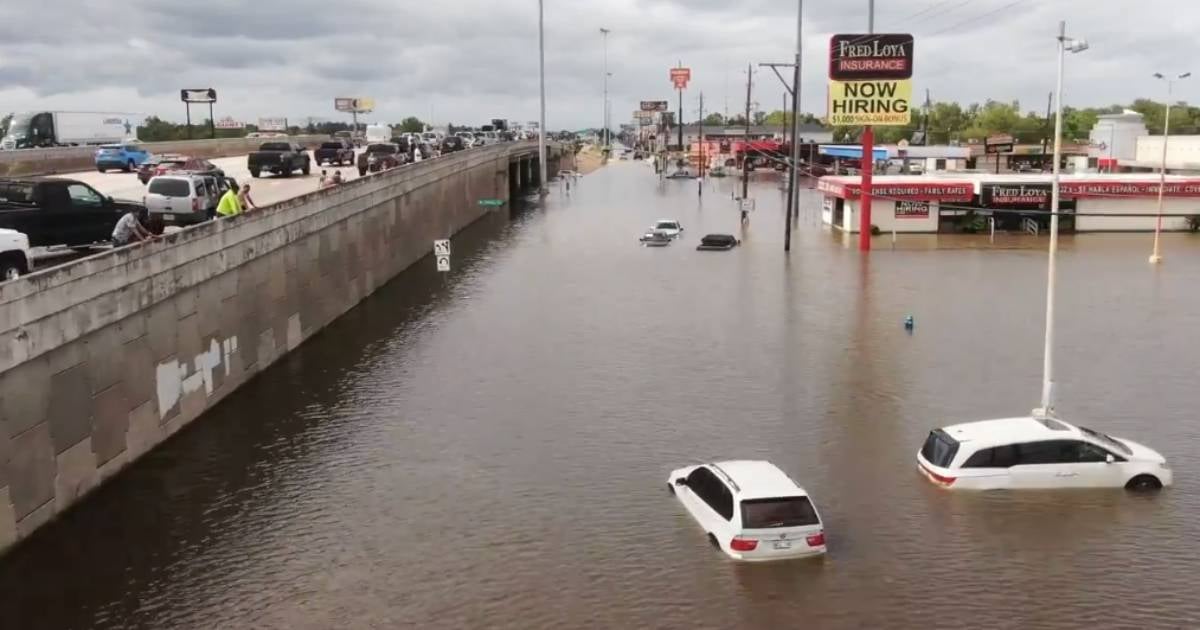
Related videos:
The death toll from Tropical Storm Beryl has risen to eight in the United States, where the storm made landfall on Monday as a Category 1 hurricane in Texas, causing significant damage to homes and infrastructure.
Texas authorities report that the powerful Beryl, although downgraded from a Category 5 hurricane to a tropical depression, caused flooding, storm surges, and a series of tornadoes, which means the death toll could rise as the search for missing persons continues.
It has been confirmed that at least eight people have lost their lives due to the storm in Texas, where the weather phenomenon made landfall, as well as in neighboring states.
Among the victims, two died due to fallen trees, while in Houston, a civilian employee of the Police Department lost his life after becoming trapped in a flood on a roadway.
In Louisiana, a person died when a tree fell during a possible tornado near the city of Benton.
The death toll could rise as search and rescue efforts continue, authorities emphasized.
The National Hurricane Center (NHC) warned on Tuesday that Beryl will still bring heavy rains and possible flash floods from the lower and middle Mississippi Valley to the Great Lakes from today until Wednesday.
The USCG Air Station in Corpus Christi conducted an aerial survey along the Texas coast to assess the damage caused by Beryl and stated that it is ready to assist those in need. It also emphasized that it is working to restore the critical flow of trade in the affected waterways and ports.
A report from the EFE agency indicates that on Tuesday, more than 2.3 million people remained without electricity, including the populous city of Houston, amidst intense heat with temperatures reaching up to 40 degrees Celsius.
The energy company CenterPoint Energy, which serves Harris and Fort Bend counties, stated that it expects to restore power to at least one million customers in Texas by the end of this Wednesday.
By Monday, service had been restored to less than 300,000 customers.
This crisis occurs amidst a heatwave in the affected region. In Texas, a heat index of around 40 degrees Celsius (105 degrees Fahrenheit) is expected, complicating the situation for those affected by the power outage, who are left without air conditioning.
In the western part of the country, around 40 million people will face temperatures exceeding 38 degrees Celsius (100 degrees Fahrenheit) over the next seven days, according to the National Weather Service (NWS).
Beryl also left devastation in its wake as it passed through the Caribbean: at least 10 people died in Jamaica alone.
Filed under: